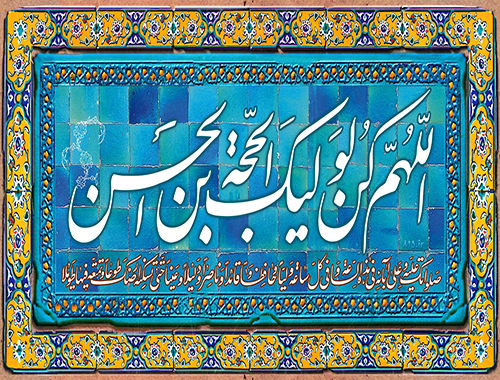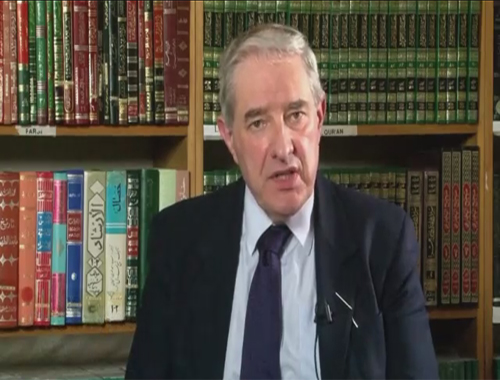1. The Qur’Än & the Sunna of the Prophet
- Details
- Hits: 1999
1. The Qur’Än & the Sunna of the Prophet
The Muslims during the days of Prophet Muhammad lived by the sharÄ«‘a by following the Qur’Än and the Sunna. Sunna means the example of the Prophet. (Sunna is sometimes written as ‘sunnat’.)
Was not the Qur'Än enough on its own? The Qur'Än is a book of guidance which was sent for the entire human world till the end of time. As such, it only deals with the general issues and mentions only the basic principles underlying the Muslim way of life. The Qur'Än is more like a constitution than a book of law. The deals were left to the Prophet.
The Qur'Än itself clearly explained this relationship between the Prophet and itself in the following verses:
He raised up among the common people a Messenger from among themselves to recite to them His revelations, to purify them, and to teach them the Book and the wisdom. (62:2)
And We have revealed to you (O Muhammad) the Reminder (that is, the Qur'Än) so you may clarify to the people what has been revealed to them, and so that they may reflect. (16:44)
These two verses definitely prove that Prophet Muhammad was not just a ‘mail-man’ whose only job was to deliver the Qur'Än to us. He was a teacher and a commentator of the Qur'Än. Even his actions are a source of guidance for Muslims:
You have a good example in Allah's Messenger for whosoever hopes for God and the last day, and remembers God oft. (33:21)
The obedience to the Prophet has been considered as the proof of loving Allah:
Say (O Muhammad), `If you love Allah, then follow me; (if you do so) Allah will love you and forgive for you your sins.' (3:31) To show the importance of obeying the Prophet, Allah further says: Whoever obeys the Prophet has surely obeyed Allah. (4:80)
The Qur'Än is not only silent on the details of things which can change over time, it is also silent on the rules of worship which can never change. For example, the Qur’Än in twenty-five different places commands the Muslims to say the daily prayers (salÄt), but not once has AllÄh explained how the Muslims are to say their prayers. (The only exception to this statement is that of salÄtu ’l-khawf, the prayer said in a battle-field or when one is in danger.) This silence on the part of the Qur’Än, I believe, was for the specific purpose of forcing the people to go to the Prophet, ask him for details and follow his example.











